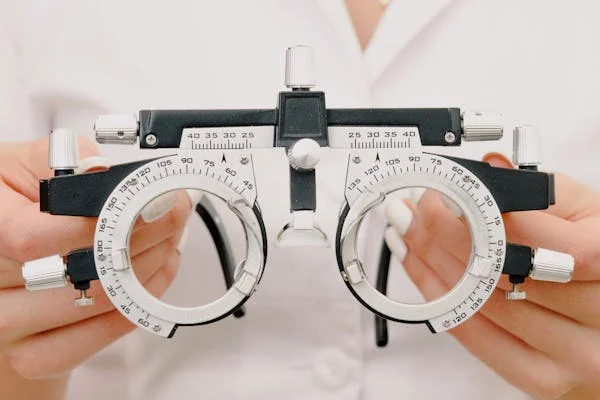Your family’s vision is too valuable to leave to chance, yet finding the right eye doctor can feel overwhelming with so many options available. The right specialist will not only provide expert care but also make sure that every family member feels comfortable and understood. Knowing what to look for in an eye specialist can help you choose someone who meets your family’s unique needs. Here are the primary factors to pay attention to when choosing an eye physician:
Eye Doctor Types
Understanding the different types of eye care professionals helps you make an informed decision. Optometrists complete four years of optometry school and specialize in routine eye exams and vision correction. They also manage certain eye conditions. They can diagnose and treat a wide range of common vision problems and eye diseases.
Ophthalmologists are medical doctors who specialize in comprehensive eye and vision care. They perform surgery, treat complex eye diseases, and handle medical conditions affecting the eyes. Ophthalmologists undergo extensive medical training followed by specialized residency programs. Opticians fit and dispense eyeglasses and contact lenses according to prescriptions provided by optometrists or ophthalmologists. They do not perform eye exams or diagnose conditions but focus on helping patients select appropriate eyewear.
Recommendations
Professional referrals provide valuable insights into an eye doctor‘s reputation and expertise. Your family physician can recommend eye care providers based on your specific needs. Other healthcare professionals often maintain networks of trusted specialists with whom they work regularly.
Personal recommendations from family members, friends, and colleagues offer firsthand experiences with different eye care providers. Individuals with similar vision needs or family situations can offer invaluable perspectives. Also, online reviews and patient testimonials reveal patterns in patient satisfaction and service quality. Professional organizations maintain directories of qualified practitioners in your area. These resources may help you verify credentials and specializations.
Credentials and Experience
Verifying an eye doctor’s educational background and training helps make sure they meet professional standards. Check where they completed their degree and any specialized training programs. Board certifications demonstrate more expertise in specific areas of eye care.
Experience with your specific age groups and conditions matters significantly. Pediatric eye care requires different skills from those used for adult vision correction. Some eye doctors specialize in particular conditions such as dry eye, glaucoma, or diabetic eye disease. Professional affiliations and continuing education demonstrate a commitment to staying current with advances in eye care. Eye doctors who participate in professional organizations and training programs often provide more comprehensive care.
Accessibility and Approach
Location and office hours affect your family’s ability to maintain regular eye care. Review the distance from your home or work and whether appointment times fit your schedule. Some practices offer extended hours or weekend appointments for added convenience.
Communication style impacts your comfort level and understanding of your eye health. The right eye care provider explains procedures clearly and answers questions thoroughly. They should make you feel comfortable discussing concerns and treatment options.
The quality of technology and equipment significantly influences the accuracy of diagnoses and treatment outcomes. Modern practices use advanced imaging systems and diagnostic tools that provide detailed information about eye health. State-of-the-art equipment often yields more precise treatments and better outcomes.
Schedule Your Eye Doctor Visit Today
Choosing the right eye specialist requires evaluating multiple factors, including credentials and patient care approach. Take time to research potential providers thoroughly and schedule consultations to assess their fit for your family’s needs. Schedule your eye doctor visit today for professional guidance and regular eye care.





Leave a Reply